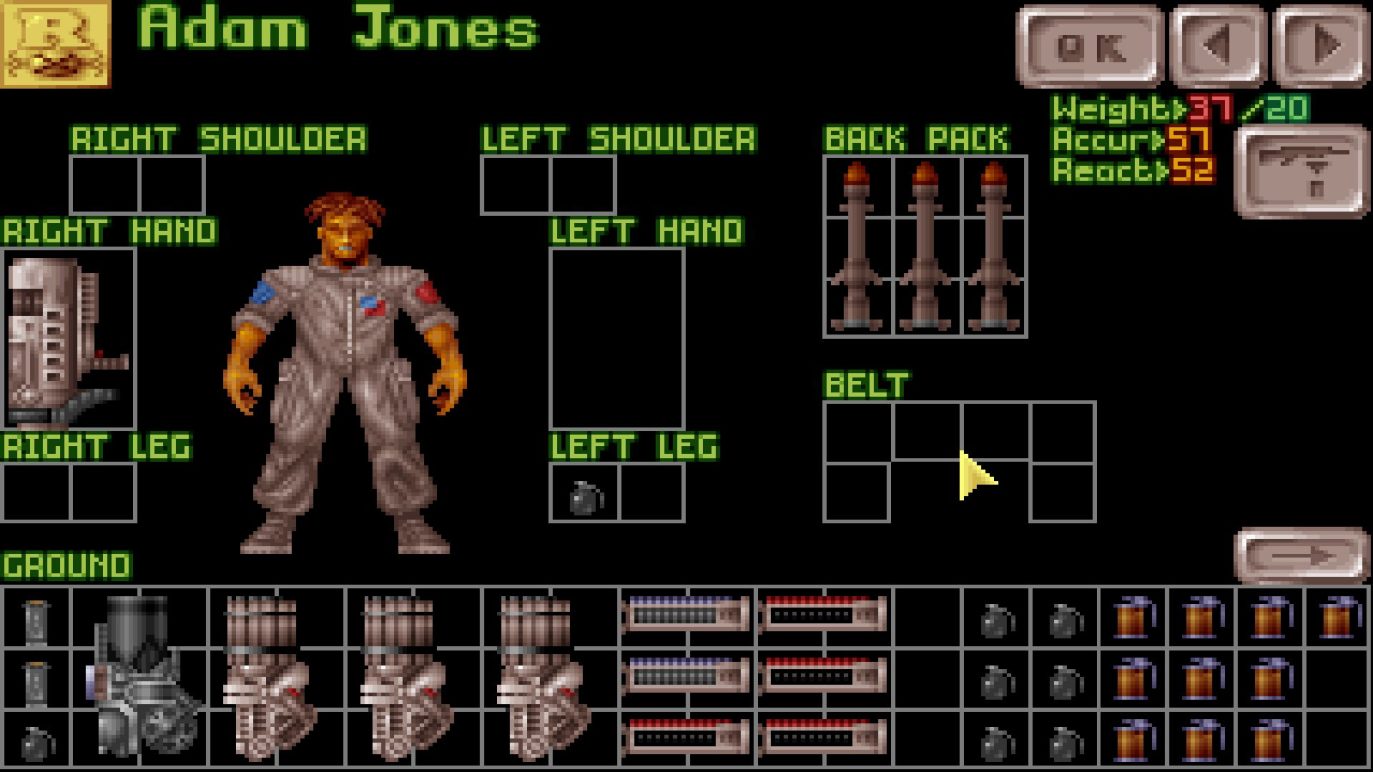Released in 1994, X-COM: UFO Defense (known as X-COM: Enemy Unknown outside North America) stands as a cornerstone in the strategy game genre. Developed by Julian Gollop and MicroProse, the game ingeniously combined turn-based tactical combat with comprehensive resource management, creating a new paradigm for strategic depth and player immersion.
Development and Concept
The genesis of X-COM can be traced back to Julian Gollop’s earlier work on tactical games, most notably Laser Squad. Gollop’s vision of merging tactical squad combat with a strategic layer involving base management and technological research was ground-breaking. MicroProse, recognizing the potential in this innovative approach, provided the necessary resources to realize X-COM. The development process was marked by a focus on creating a game that was both challenging and rewarding, with an emphasis on player choice and consequence.
Gameplay Mechanics
X-COM’s gameplay is structured into two main modes: Geoscape and Battlescape. The Geoscape mode places players in charge of global operations, where they must manage funding, conduct research, build and upgrade bases, and intercept alien activities. This strategic layer requires careful resource allocation and long-term planning, adding depth to the overall experience. Conversely, the Battlescape mode involves direct control of a squad of soldiers in turn-based combat scenarios against alien invaders. The tactical combat is intense and highly detailed, with players needing to consider factors such as line of sight, cover, and the use of various weapons and equipment. The combination of these two gameplay modes creates a seamless blend of macro and micro-management challenges.
Strategic Depth
One of the defining features of X-COM is its unparalleled strategic depth. Players are constantly faced with difficult decisions, from choosing which alien technologies to research to determining the best locations for new bases. The game’s resource scarcity adds a layer of urgency and tension, forcing players to make tough choices that can have significant consequences. This aspect of the game ensures that each playthrough is unique, as players must adapt their strategies based on the evolving situation. The need to balance immediate tactical needs with long-term strategic goals creates a compelling and dynamic gameplay experience.
Tactical Combat
X-COM’s tactical combat is where the game truly excels. Each mission presents a new set of challenges, with players controlling a squad of soldiers, each possessing unique abilities and equipment. The turn-based combat system allows for meticulous planning and execution, with every move carrying weight and potential repercussions. The fog of war and line of sight mechanics introduce unpredictability, requiring players to scout carefully and make strategic use of cover. The destructible environments add another layer of complexity, as players can alter the battlefield to their advantage or suffer the consequences of enemy actions. This deep and engaging combat system has influenced countless strategy games that followed.
Atmosphere and Storytelling
The atmosphere of X-COM is a critical component of its success. The game’s dark, moody visuals and eerie sound design create a sense of dread and suspense that permeates every aspect of the experience. The minimalist narrative, conveyed through mission briefings and in-game events, effectively immerses players in the struggle against a powerful and mysterious alien threat. This atmospheric storytelling is complemented by the game’s open-ended structure, allowing players to create their own stories through their decisions and the outcomes of their missions. The result is a richly immersive experience that stays with players long after the game is over.
Influence on Modern Strategy Games
X-COM’s influence on modern strategy games is profound and far-reaching. The game’s combination of strategic depth and tactical complexity set a new standard for the genre, inspiring a host of successors and spiritual successors. Games like the Fire Emblem series, Jagged Alliance, and the recent X-COM reboots by Firaxis have all drawn heavily from the original X-COM’s mechanics and design principles. The integration of base management, research, and turn-based combat has become a staple in many modern strategy games, demonstrating the enduring appeal and relevance of X-COM’s core gameplay loop. Furthermore, X-COM’s emphasis on player choice and consequence has influenced narrative design in strategy games, encouraging developers to create more dynamic and emergent storytelling experiences.
Legacy
X-COM: UFO Defense / Enemy Unknown remains a seminal work in the strategy game genre. Its innovative blend of strategic management and tactical combat, combined with its atmospheric storytelling and challenging gameplay, set a new standard for what strategy games could achieve. The game’s legacy is evident in the numerous modern titles that have been inspired by its mechanics and design principles. As a result, X-COM continues to be celebrated as a masterpiece of game design, influencing the development of strategy games for decades to come.


